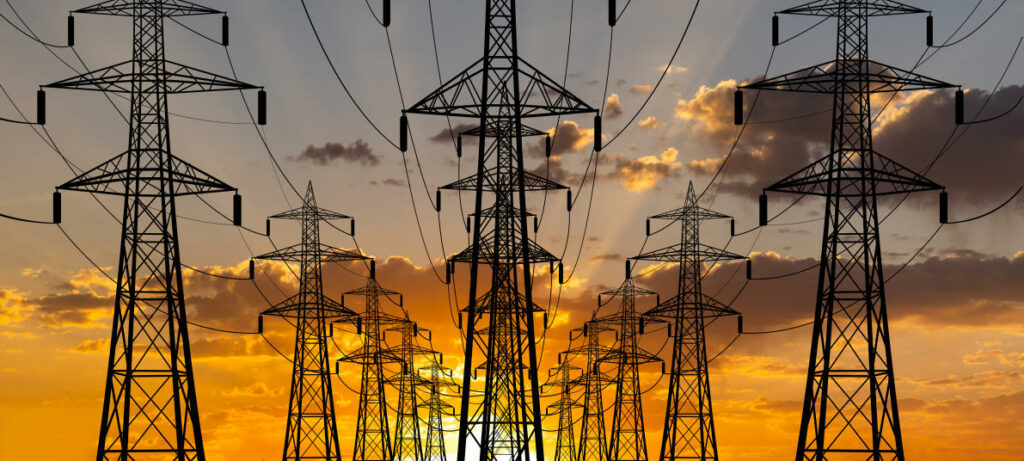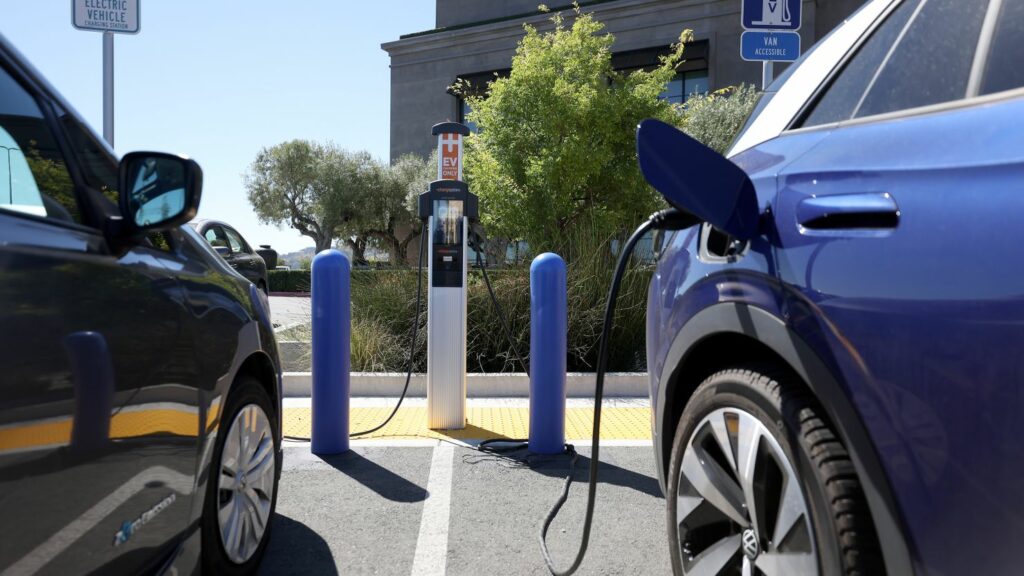There’s a famous line attributed to French Marshal Ferdinand Foch at the 1914 Battle of the Marne informing his superior Joseph Joffre that “Mon centre cède, ma droite recule, situation excellente, j’attaque.” (“My centre is giving way, my right is retreating, situation excellent, I am attacking.”) Perhaps it is now the slogan of climate alarmists, since Canary Media just touted a “startup”, aka money-pit, that has a plan for helping clean up the infamously dirty chemical industry “to replace big, fossil fuel-reliant machines with smaller, electric-powered alternatives, and then stack up tons of those cleaner mini-factories to keep production rolling”. Right. Climate change elicits yawns, EVs aren’t selling, the bones of glittering startups litter the battlefield. Chaaaaaaarge!
Evidently hope springs eternal. And to be fair the French did unexpectedly win that battle. But the same Canary Media, just one day earlier, had emailed in consecutive paragraphs that:
“Once seen as a potential leader of the EV battery recycling industry, startup Li-Cycle is now navigating bankruptcy proceedings…. Meanwhile, there’s a brighter future ahead for green ammonia if Talusag’s plans take off.”
Yet again we quote the Spartans’ laconic riposte to Philip of Macedon: “If”. Because everyone knows the real money is in green ammonia if such plans take off. Just as there was a bright future for EV battery recycling if Li-Cycle’s plans took off. And now for cleaning up the chemical industry if OCOchem’s plans take off. If.
Let us be clear here that we are all for cleaning up pollution, for ingenuity, and for ingenious ways of cleaning up pollution. And we definitely agree that the best way is to stop it before it starts. So we’re prepared to wait and see on this plan to make “formates”, which we only just heard of and our spell-checker apparently still hasn’t. Supposedly they’re “a class of chemicals… used in everything from deicing airplanes to preserving animal feed.”
So we looked it up. Unlike most journalists these days, it seems, we check things out. And this one does check out:
“Formate (IUPAC name: methanoate) is the conjugate base of formic acid. Formate is an anion (HCO2) or its derivatives such as ester of formic acid…. Formic acid is used for many applications in industry.”
So there you go. Methanoate. Or do you? Canary chirps:
“instead of the conventional hot, dirty method of combining methanol with carbon monoxide derived from fossil fuels, OCOchem makes formate with just water and carbon dioxide inside four 1.5-meter electrolytic modules.”
More precisely it aspires to. And there’s quite a difference between someone who aspires to swim the English Channel and someone actually climbing out in Calais having dived in at Dover. Mind you OCOchem does have a “pilot plant” which beats having only a bunch of sketches on your tablet. And it’s been up and running for a full week so Canary is sold:
“The $5 million project can make up to 60 tons of formic acid per year. That’s not a lot, compared with the roughly 1 million tons per year of formates produced globally. But being able to deliver an industrial chemical cost-effectively in such small amounts is one of the selling points, [CEO Todd] Brix explained.”
Can. Not does. And yes, we get the appeal of modular, not just as a buzzword but as a desirable attribute for right-sizing and rapid scaling. But we do worry a bit that:
“OCOchem fills those modules with water and carbon dioxide and then zaps the solution with electricity, causing an electrochemical reaction that yields formic acid, a combination of hydrogen, oxygen, and carbon. Chemically speaking, it’s ‘one of the simplest molecules you can imagine,’ Brix said – basically, ‘CO2 with two hydrogen atoms attached to it.’”
Good on you. But where’s all the electricity going to come from? After all, generating enough power and rapidly expanding the grid massively are non-trivial challenges in getting from those sketches of the green economy on Al Gore’s tablet to actually having one in your country.
This particular scheme could work, of course. Possible these little formate modules can be hooked readily into the existing power system of a chemical factory, even powered by converting what would otherwise be waste heat or something. Or maybe not, because:
“Using electrolysis to produce formate is far from a unique idea, said Brix, who worked at Chevron, Intel, and Microsoft before founding OCOchem in 2020. In fact, researchers have been trying to do it for decades. But the efforts he’s aware of have struggled to expand cells to a size that can support commercially viable volumes.”
Oh darn. And here we want at one and the same time to applaud soaring aspirations, because when they work, they work marvellously, and also to rein in excessive optimism because for every Wright Brother there are a thousand Icaruses. (Or Icari, we concede to our old Latin teachers). And when the EV industry is struggling so mightily with a relatively simple piece of electrification, we wonder whether solving all the world’s problems in one module is perhaps a bit too starry-eyed and a bit too gimlet-eyed.
And a little too, well, iffy.



Formic Acid could be produced by encouraging more Ants to populate our homes and Gardens but that might not suit everyone.
Many of these ideas reek of unopened children's first chemistry sets.
All of these miracle cures to global climate warming change arrive with great fanfare and pretend to promise great results, three years later they float out to sea with all of the other eco-trash! After consuming billions of dollars of taxpayer subsidies, the one piece of good news is that Trump will not fund these hairbrained schemes!